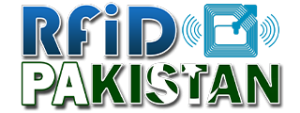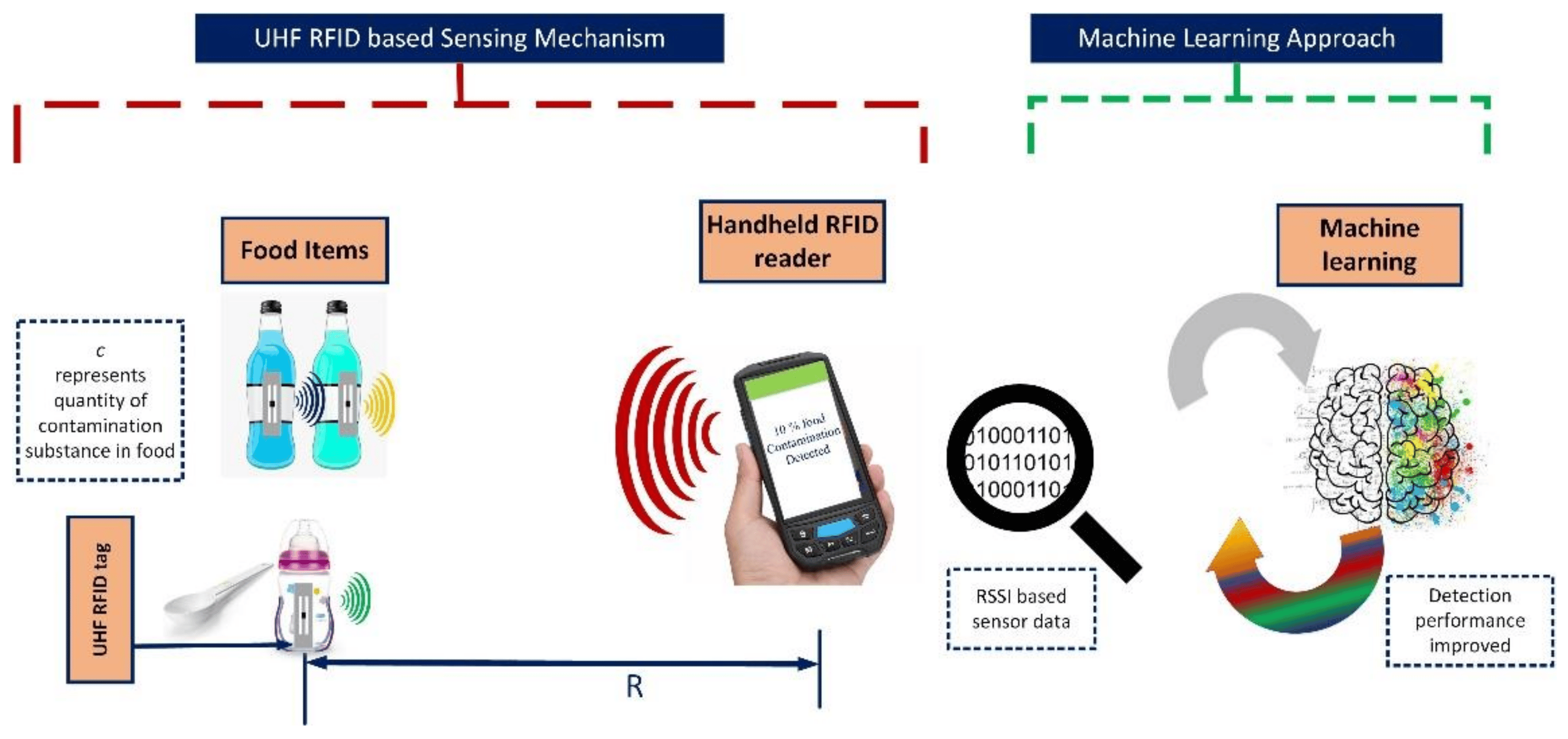The safety of food products is a prime concern today. What with the recent spinach e coli outbreak, the not so old mad cow disease and other such scares, one cannot but feel scary. This is important for most people because eating is something that one can never avoid, unlike say, traveling by air.Hence anything related to food safety is very important for all of us. There are other cases in which food safety may not be an issue but traceability and credibility are. For instance, is there any way to verify that a package of “organically grown” spinach is not so, but has been plied with generous doses of all kinds of chemicals from sulfate fertilizers to toxic pesticides? Not at all. There is no way for example to verify whether the carton showing “California oranges” does actually originate from an orchard in California or a little known Chinese province.
Problems With The Present System
- No way for the consumer to know the source of the food. For example 1 have no way of knowing whether the particular apple I am buying came from Farmer Jones or not.
- No information to verify the “packed on” or “best before” dates.
- No traceability. For example in case of an e coli outbreak, the tracing has to be done manually by sifting through records of various entities in the supply chain including retailers, wholesalers, importers, shippers, transporters, etc. Very cumbersome and slow.
Future Scenarios Of Food Safety
- In future the governments & food safety authorities, the WHO & other international bodies may mandate the usage of RFID tags to determine the safety of food in the supply chain. Thus international shipments of foodstuff may have to carry tamperproof RFID tags.
- Savvy customers may now demand that produce labeled as “organic” or “chemical free” is really so. They may demand that the seller prove the origin by means of a pedigree trail (similar to the drug pedigree shown earlier) or else risk loss of his sales.



